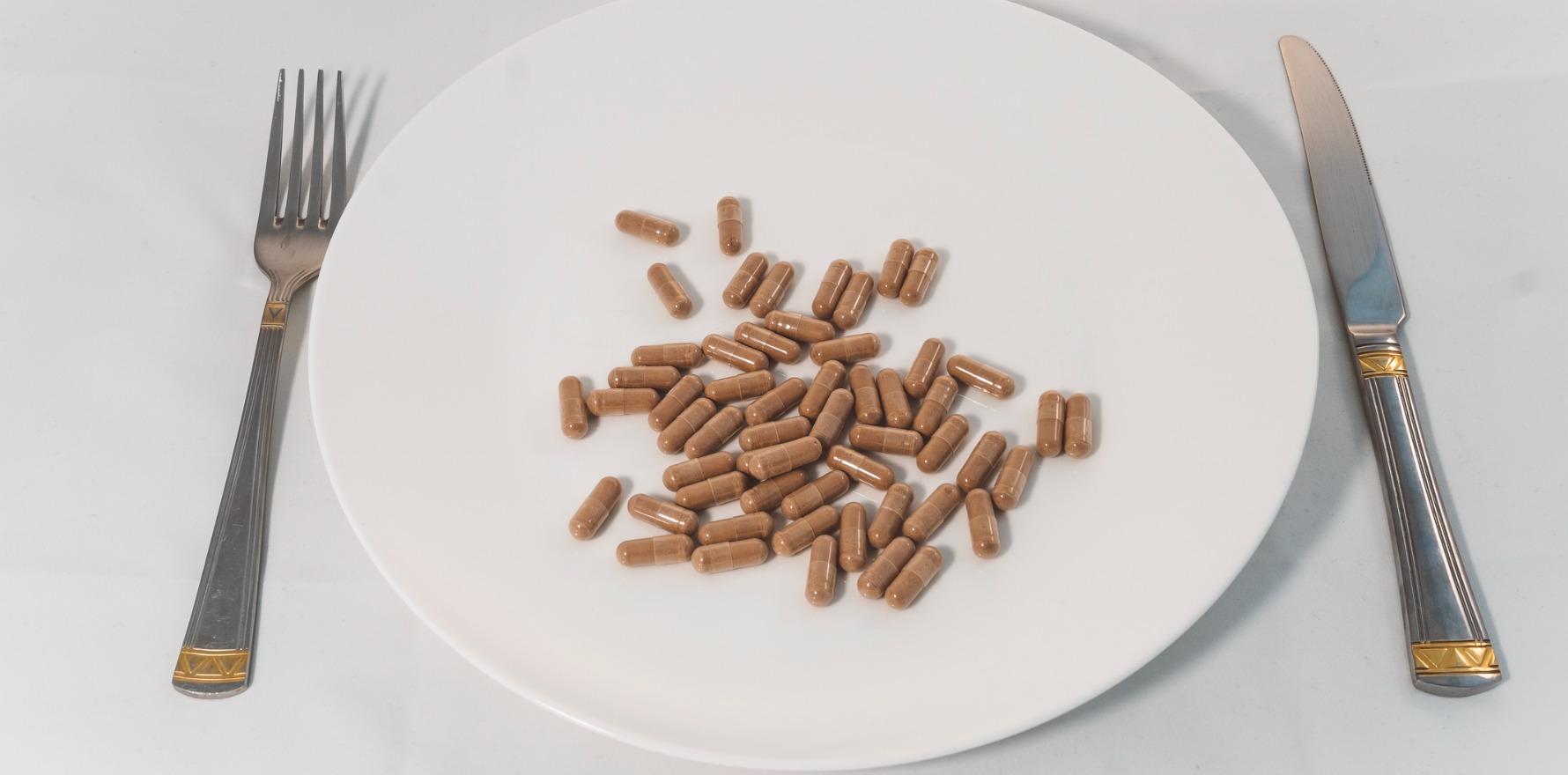A New Zealand study suggests microbiome therapy could reshape the future of obesity care.
A single dose of healthy gut bacteria may offer lasting protection against the long-term health risks of obesity, according to new findings from the University of Auckland’s Liggins Institute.
Eight years ago, 87 adolescents with obesity participated in a world-first clinical trial testing whether faecal microbiota transplantation (FMT) could shift the balance of their microbiomes and improve health outcomes.
A four-year follow-up study, published in Nature Communications, shows the treatment group experienced significant metabolic benefits compared with peers who received a placebo.
Lead researcher Professor Wayne Cutfield said that although participants who received the microbial capsules did not lose a statistically significant amount of weight (the treatment group was on average 11kg lighter than those who had the placebo), they avoided the weight gain seen in the placebo group.
More striking was the impact on metabolic syndrome – a cluster of central obesity, hypertension, hyperglycaemia, high triglycerides and low HDL cholesterol, strongly linked to cardiovascular disease and type 2 diabetes.
“What is impressive is that just a single treatment produced a dramatic reduction in metabolic syndrome,” said Professor Cutfield.
“This means participants are at much lower risk of developing diabetes and heart disease over the long term.”
Professor Cutfield told Gut Republic the study had not been without its challenges, particularly finding the faecal donors for the trial.
“To get eight donors for our trial, we needed to screen more than 100 people,” he said.
“They have to be super healthy, no medical conditions which could be transmitted through gut bacteria, no medications, they have to exercise most days and have a healthy diet.
“So it’s a pretty rigorous, expensive, time-consuming business to find the donors.”
He said that while the weight loss was not seen as statistically significant, the teens in the treatment group lost about eight centimetres from their waist circumference – an important factor in modifying health risks.
Obesity is a significant health problem in New Zealand, with one in 10 children and one in three adults – the third highest rate in the OECD – classified as obese, according to Ministry of Health figures.
Obese teenagers often grow up to be obese adults, and obese adults are more likely to suffer from a number of health problems, including type 2 diabetes, heart disease, stroke, cancer, osteoarthritis, sleep apnoea and problems with pregnancy and birth.
Co-author Professor Justin O’Sullivan says another key finding in the follow-up study was that four years after the original faecal transfer, the introduced healthy bacteria were still present and thriving in the guts of the participants who had taken the capsules.
“It really makes us think about the timeframes over which we look for the impacts of microbiome-based treatments.”
Related
Professor O’Sullivan says the research team was now working to identify and isolate a small number of “good” gut bacteria likely to be the ones responsible for the beneficial health outcomes from the study.
“Imagine being able to program your microbiome to reduce the risk of conditions before they occur,” he said.
“This work is paving the way for next-generation probiotics that target specific conditions through sustained changes to the microbiome.”
Professor Cutfield said commercialisation was the final goal, and Liggins was working towards producing and trialling capsules.
“Our holy grail is to develop a super mix of bacteria that can be taken to prevent or moderate metabolic syndrome,” he said.
“The first step is to prove our bespoke combination of bacteria actually works.”
He told GR that the teens had all been happy with the prospect of ingesting the treatment made from donor faecal matter.
“Having said that, they were a coalition of the willing who were prepared to be part of the study,” he said.
“So what about your average patient out there? Do they you want, at a low cost, to swallow a handful of capsules one time, and it might have a long-term benefit? It has to be something pretty evil in those capsules to say no thank you.”
He said creating a synthetic version of the treatment was key to making it cost-effective and scalable.
“We’ve provisionally patented the metabolic syndrome bacteria, and we’re down to about nine months left to prove that patent,” Professor Cutfield said.
“Once that’s done, we then get the company launched and start commercialising it. Suffice to say, there’s quite a lot of interest.”





